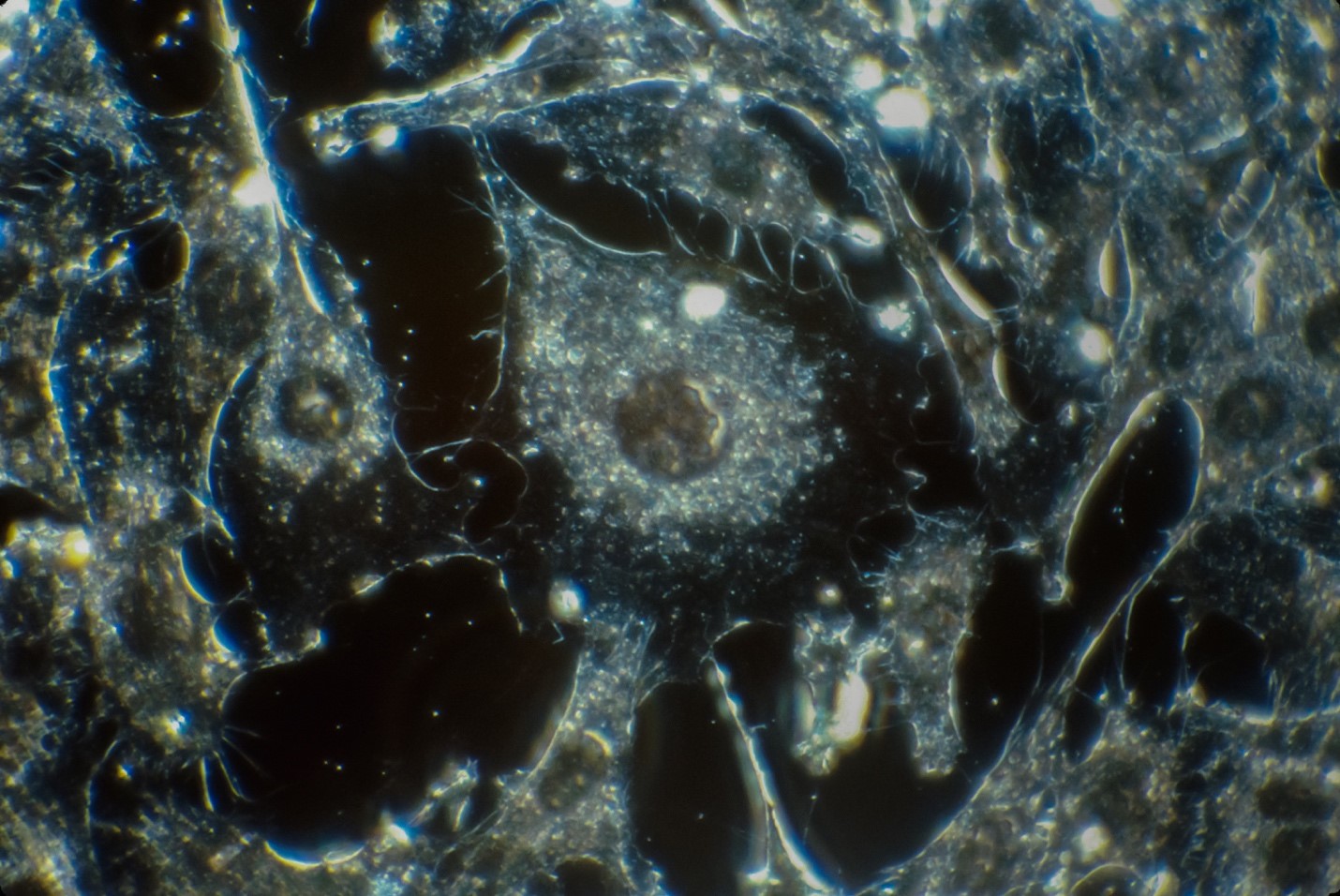Nowadays, one of the main treatments for cancer is cancer immunotherapy. This therapy boosts a patient's immune system to fight cancer. A recent study attempts to help more patients benefit from this therapy, by engineering a probiotic to boost the effect of cancer immunotherapy.
Views 2667
Reading time 3.5 min
published on Apr 19, 2023
Cancer immunotherapy has revolutionized cancer treatment in the past decade. In principle, cancer immunotherapy works by improving a patient's immune system to recognize and eliminate cancer cells. Our immune system detects and attacks foreign cells or substances, such as bacteria or viruses. Despite coming from one’s body, cancer cells can be perceived as foreign cells due to the presence of molecules found on cancer cells but not normal cells, called tumor antigens. However, cancer cells often also develop the ability to escape the immune system surveillance. Thus, cancer immunotherapy usually works by boosting the presence of tumor antigens and improving the capability of the immune system to eliminate cancer cells.
Despite the promising use of cancer immunotherapy, not all cancer patients can benefit from this therapy. Cancer is in fact a very individual and heterogenous disease. Based on responsiveness to cancer immunotherapy, there are two broad categories of tumors: ‘hot’ and ‘cold’ tumors. ‘Hot tumors’ is a term for cancers that are likely responsive to cancer immunotherapy, such as some types of skin, lung and bladder cancers. ‘Hot tumors’ usually show signs of inflammation and are infiltrated by various immune cells. In contrast, ‘cold tumors’ are cancers that do not show signs of inflammation and are likely unresponsive to cancer immunotherapy, such as most breast cancers, prostate cancer and pancreatic cancer. Converting ‘cold tumors’ into ‘hot tumors’ could help more cancer patients to benefit from cancer immunotherapy.
A promising strategy to convert cold tumors into hot tumors is called In situ vaccination (ISV for short). ISV injects pro-inflammatory proteins, which activate the immune system, directly into tumor sites. ISV is desirable because proteins directly reach the tumor site without the need to be absorbed by healthy tissues or transported via blood vessels. However, ISV faces another challenge. Directly injecting a pro-inflammatory protein into the tumor often results in quick degradation of the protein. Blood vessels surrounding tumor tissue metabolize the injected proteins, resulting in low levels of protein that will not be effective. Therefore, there is a need to find a suitable ‘delivery carrier’ for ISV, a carrier that helps pro-inflammatory proteins stay longer in the tumor site and achieve an effective dose.
One potential delivery carrier comes from our daily diet, probiotics. Probiotics are live microorganisms that in an adequate dose exert health benefits on the host. We consume probiotics whenever we eat cheese, yogurt, pickled vegetables, and other fermented foods. One of the most abundant probiotics is Lactococcus lactis (L. lactis), a lactic acid bacteria widely used to produce buttermilk and cheese. L. lactis is also being explored as a delivery carrier for various therapeutic proteins due to its wide consumption and safety.
Recently, a team of scientists engineered L. lactis as a delivery carrier for pro-inflammatory proteins to be used as ISV. The engineered probiotic was named FOLactis. As the animal model of cancer, the study used mice with ‘cold tumors’ that are unresponsive to an established cancer immunotherapy, called PD-1 inhibitor. This animal model was chosen to evaluate if the ISV can successfully convert ‘cold tumors’ into ‘hot tumors’ that will respond to cancer immunotherapy.
When injected directly into the tumor site in mice, FOLactis resulted in sustained release of the pro-inflammatory proteins in the tumor for up to 360 hours after injection. Importantly, FOLactis was not detected in other organs such as heart, liver, lung, and kidney; suggesting FOLactis is safe. Injecting FOLactis into the tumor site inhibited tumor growth, indicating FOLactis has anticancer activity.
In terms of immunological activity, FOLactis activated two important immune cells for cancer immunotherapy: dendritic cells and CD8+ T cells. Dendritic cells recognize tumor antigens. Meanwhile, CD8+ T cells are soldiers of the immune system, the cells responsible to kill cancer cells. FOLactis injection resulted in those immune cells infiltrating into the tumor site, converting ‘cold tumor’ into ‘hot tumor’. FOLactis then was examined in combination with the established cancer immunotherapy, PD-1 inhibitor. Indeed, after the tumor had been converted into a ‘hot tumor’ by FOLactis, it responded to PD-1 inhibitor treatment and stopped growing.
Overall, this study engineered a probiotic to deliver pro-inflammatory proteins directly into the tumor site, then validated its anticancer efficacy and synergism with cancer immunotherapy. This strategy successfully increases the lifetime of pro-inflammatory proteins in the tumor site, shows efficacious antitumor properties, and synergizes with an established drug for cancer immunotherapy. Once long-term safety and efficacy have been confirmed, this strategy will hopefully benefit more patients from cancer immunotherapy.
Original Article:
Zhu, J., Ke, Y., Liu, Q., Yang, J., Liu, F., Xu, R., Zhou, H., Chen, A., Xiao, J., Meng, F., Yu, L., Li, R., Wei, J., & Liu, B. (2022). Engineered Lactococcus lactis secreting Flt3L and OX40 ligand for in situ vaccination-based cancer immunotherapy. Nature Communications, 13(1). https://doi.org/10.1038/s41467-022-35130-7
 Health & Physiology
Health & Physiology



